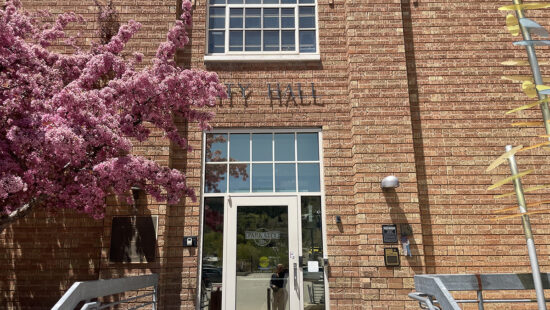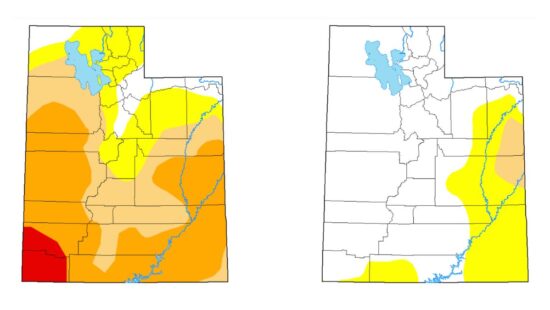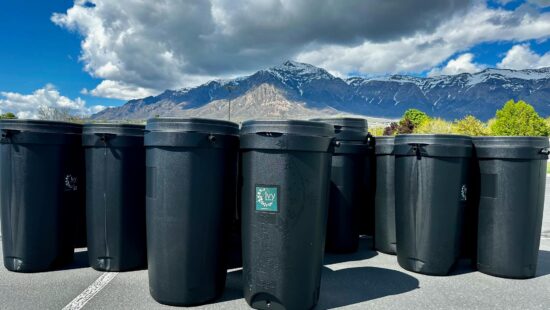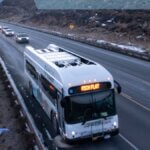Town & County
Rising water rates for Park City locals as municipal facilities and golf course burden grows
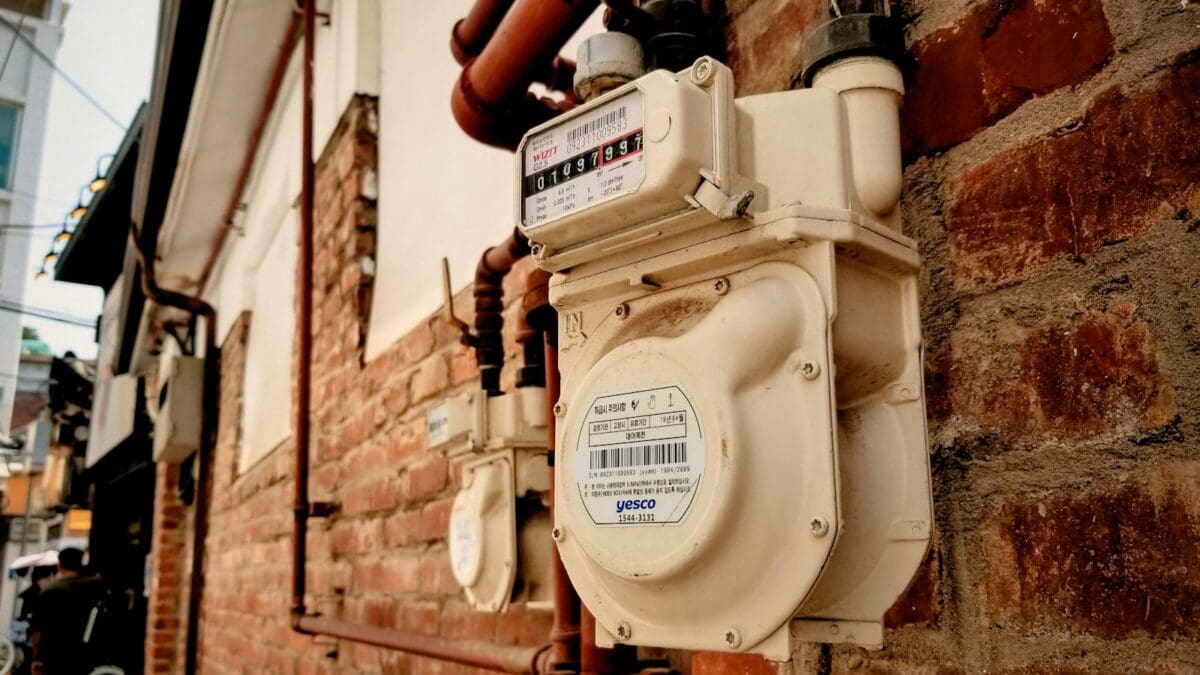
Park City water rates have the potential to increase by 10% for FY 2025 due to inflation and the costs of living in an old mining town. Photo: Sugarman Joe
The decision not to charge the city accounts or the golf course for water was made back when water was inexpensive. Last year the retail value of the water that supports the municipal golf course was about $1.1M; the Golf Fund paid about $11,000.
PARK CITY, Utah — Park City Council will discuss the potential of raising water rates by another 10% in its Feb. 1 meeting. The rate hike is recommended to meet the need to increase revenue by $2 million per year to offset rising costs due to a slew of economic, historical and environmental reasons. One major player in the need for more revenue is the subsidization of city-owned locations participating in free or heavily discounted legacy water rates. These locations are using upwards of $2 million per year in retail water rates that residents currently subsidize.
The 10% water rate increase is proposed for the 2025 fiscal year, with a 3-5% increase in the years following. The proposed rates would prevent any shedding of current costs as well as deferment of essential capital projects in the plans, like Main St. waterline repairs, or the Three Kings Water Treatment plant but the costs still may not add up to fix the town’s cash needs.
Park City has already seen a 10% rate hike this year after more subtle 3% yearly increases weren’t keeping up with inflation or the rapid rise of costs to maintain infrastructure and keep up with water treatment regulation.
The staff report says that Park City’s water challenges are unique due to the town’s mining history, its location at the top of the watershed, and the requirements to service over 2,500 feet of altitude in water delivery. But most notably, the decades-old non-revenue and legacy water delivery contracts have hit the town with excessive costs, creating a higher burden to the overall water rates.
What is Non-Revenue and Reduced Revenue Water Delivery?
The cash availability for Park City’s Water Fund takes a significant hit from non-revenue and legacy contracts with some of the larger businesses and conglomerates participating in free or heavily discounted legacy water rates. Park City’s Public Utilities Director Clint McAffee stated that many of these contracts were created years ago, back when Park City water didn’t have the same kind of economic and environmental pressures and legislation.
“Historically, I’m talking decades ago, water in Park City was very cheap, or inexpensive. We didn’t have the regulatory requirements we do on the mining tunnels. We didn’t have to import water from Rockport reservoir. So water was very inexpensive relative to today and really relative to what the regional expenses would be today. And so the decision not to charge the city accounts or the golf course was made back when water was inexpensive,” McAffee said. “And now, I’d say, in the last 20 years, water has gone up so much that us not charging ourselves for water use has a higher impact than it did in the past. So I think that’s one thing Council will consider as they weigh the policy options here.”
128 city-owned locations receive water with “no net revenue,” and the image below shows the locations with the highest retail value for water.

What’s most notable is the retail value of the Park City Municipal Golf Course, which has the highest amount at $1.1M. The staff report states the following:
“Although water was relatively inexpensive historically, it no longer is. For example, in 2023, the retail value of the water provided to support City-owned properties that provide community services was about $1M. Additionally, the price for water delivered to the Park City Municipal Golf Course is only $110 per acre foot, or $0.34 per thousand gallons. This was set in place decades ago. In 2023, the retail value of the water that supports the municipal golf course was about $1.1M; the Golf Fund paid about $11,000.”
Similar contracts, made decades ago but also affecting the water rates, include snowmaking contracts for Park City Mountain, Deer Valley Resort, and the Park Meadows Country Club. According to McAffee, there’s not much that can be done to change those contracts due to value exchanges for water rights, but to note, snowmaking water use has grown significantly.
“Part of the challenge with delivering water in Park City is our winter peak, and when I say peak, the highest amount of water reserve in a 24-hour period now occurs in the wintertime during snowmaking, rather than in the summertime during irrigation,” McAffee said.”In normal places, you have the summer demand where everyone’s irrigating your yard or watering golf courses. But in winter, we fire up our pumps and deliver water to both ski resorts and, it’s a shorter period of time, but it’s pretty comparable to the summer demand.”
Solutions for council to discuss
In order to offset the debt, and increase cash supply, the proposal is not just to increase water rates by 10%, but to also explore alternatives that would bring some of the entities with low or no water rates up to par with the rest of the town. The proposed options include:
- Charging the city water connections with no net revenue retail water rates, helping to provide approximately $1 million in revenue per year
- Charging the Park City Municipal Golf Course retail rates, bringing their current approximate charges of $11 thousand annually up to realistic numbers of approximately $1.1 million annually
There is an argument to defer projects and expenses to help minimize the 10% rate increase, but the report states, “This approach would only result in a short-term delay in a needed water rate increase. Deferring projects may also lead to additional water breaks, property damage, and the associated costs.”
The needed revenue of $2 million per year to offset costs also hinges on a contract with Weber Basin that makes up about 20% of Park City’s water revenue. If that agreement does not get renewed, then other sources of revenue will be needed in excess of a 10% rate increase.
The City Council work session will take place on Feb. 1. at 3:45 p.m. Watch the meeting via Zoom.

















